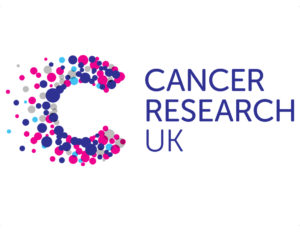Towards a toothbrush sensor for passive biomarker monitoring – “Sens Or Pass”
Start Date Jun 2022
Code E27-Aff
Status Ongoing
Introduction
Early diagnosis of cancer is a priority for the NHS, with a target of 75% of new cancer diagnoses detected at early stage by 2028. Early stage cancer diagnosis is key to allow a wider range of treatment options which translate in increase survival. Cancer affecting the upper respiratory and gastrointestinal tracts have some of the lowest level of early stage diagnosis amongst all cancer types in the UK.
These cancers very often have non-specific symptoms and high prevalence in population at high risk factors such as smokers and heavy drinkers, making them very difficult to identify at early stage development. It is well known that certain molecular biomarkers are correlated and specific to cancers. As such, the development and use of analytical techniques for the identification and quantification of such biomarkers is key to achieve effective early diagnosis.
Cancer Research UK / Medical Research Council / Engineering & Physical Sciences Research Council
Innovation Award (EDDISA-Jan22\100003)
£229,136
Aims & objectives
This proposal aims at finding a new way to assist early detection of cancer in primary care and identify high cancer risk individuals for urgent referral for diagnostic testing. This will be achieved by developing “toothbrush” electrochemical-based tests that passively, e.g. during teeth brushing, can accurately, rapidly and cost effectively identify and detect molecular biomarkers related to upper respiratory and gastrointestinal cancers lung, such as head and neck, oral and oesophageal cancers.
Methodology
The project will utilise the following methodologies =
– Literature review and analysis of existing cancer proteomic database to identify the molecular biomarkers;
– In vivo saliva sample collection and analysis;
– Machine learning to develop clinical algorithms;
– Synthesis of molecularly imprinted polymers having high affinity for the molecular biomarkers previously identified by means of the analysis of cancer proteomic databases and in-vivo saliva samples;
– Fabrication of the sensor using aerosol jet imprinting;
– Electrochemical characterisation of the device and detection of molecular cancer biomarkers.
Outputs & impact
The proof-of-principle sensor device developed in this grant would be of great benefit to GPs for the rapid identification of those patients that need urgent referral for suspected cancer even though apparent symptoms are not present. This test would operate passively as part of an individual daily routine such as toothbrush. This device could initially be used in the clinical assessment of patients presenting to primary care to identify undiagnosed lung, oesophagogastric, or oropharyngeal cancers.
Next steps
Following development and validation of the prototype sensor device further work will be required to manufacture the device and determine a method of attaching to commonly used toothbrushes. Methods for communicating outputs from the sensor will also need to be piloted. Further testing of the sensor in larger patient cohorts will be required to confirm the accuracy of the device before it could be piloted in a primary care setting.
11 May 2022: “Toothbrushes and ctDNA: Exciting early detection concepts from new teams formed at our sandpit workshop”



